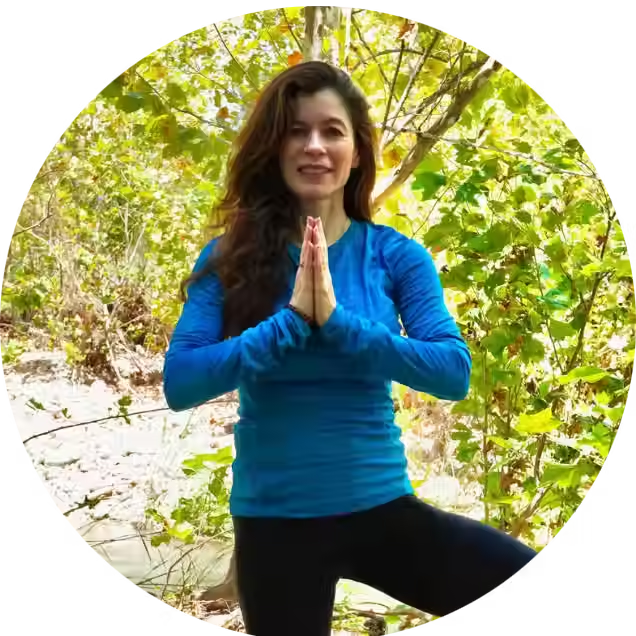Making A Hundred Blessings Every Day
- Susan Spector
- Jul 26, 2021
- 3 min read
Gratitude and joy for every day is at the root of Judaism. The rabbis in the Talmud teach us we should say 100 blessings (brachos) a day, as part of our Jewish spiritual practice.
When I wake up and open my eyes in the morning, l silently recite the Modah Ani prayer, thanking Hashem for a return from my dreams for another day of life. It feels comforting knowing these same morning words have been recited by my ancestors for thousands of years.
Next, comes the Asher Yatzar, the blessing Jews say after using the bathroom, thanking Hashem for our wondrously complex body systems. With this prayer, we acknowledge if any one of our many ducts, tubes or openings are blocked or ruptured, we could no longer stay alive. Until my brain tumor (Pinena) decided to block the flow of my cerebral spinal fluid and create a life-threatening situation, I didn’t grasp this bracha with the depth of understanding I have now. I have no problem remembering to say it with deep conviction and gratitude, several times a day. And it might just be my favorite prayer.
Next, I recite (or “bench” in Yiddish), the Birkat HaGomel, a blessing for having survived and prevailed a traumatic and potentially life-threatening episode. This prayer expresses gratitude for the miracle of healing and the restoration to life. The water on my brain was building up to life threatening levels until my brilliant neurosurgeons performed an internal blunt force trauma to my brain by punching a hole in my 3rd ventricle. This opened up space for the cerebral spinal fluid to freely flow again. The prayer, usually said in a synagogue, is a public thanks to Hashem for being delivered safely from danger. I made my thanks publicly to Hashem and my neurodocs through the writing and publishing of my memoir, Keep Calm, It’s Just a Brain Tumor; My Year of Wabi Sabi Healing. Rather than a congregation publicly affirming the thanks in a synagogue, I am grateful to my readers for their affirmations. The one that touched me the most, came from Dr. Alyx Porter, one of my beloved neurdocs:
“I found lines in your book that I will hold in my heart for always. Thank you so much for trusting me on this journey with you. Baruch Hashem.”
The Birkat HaGomel blessing is about surviving a brush with death that not only left me shaken, but with a new and profound gratitude for life. Before my brain tumor adventure, I was only familiar with the flip side of this blessing, the Mi Sheberach prayer for healing, which is also recited in a public congregation. Rather than a petitioning for healing, the Birkat HaGomel bracha is a prayer of thanks for the miracle.
Throughout the day, I silently (and sometimes out loud) recite the Shehekyanu prayer of Jewish mindfulness. This bracha is an expression of grateful acknowledgement for each new moment in time. I give thanks for every new moment I can move, walk, think, read and write, none of which I could do before my brain surgery. I can breathe, my heart is beating, I can see and hear, things I used to take for granted until my body collapsed and my mind temporarily (thank G!d) wandered away.
It is easy to reach 100 Shehekyanu brachas a day. Each time I have an anxious or fearful monkey mind thought (Will my tumors grow? How long will my Watch and Wait protocol remain stable? What will my next MRI show?), I catch the thought and counter balance it with a Shehekyanu prayer of gratitude for the reality of the present moment. I remind myself that just like Dayenu, the well-known Jewish gratitude song we sing at the Passover seder, this moment is enough.
And finally, the bedtime Shema.
100 prayers a day reminds me it is better to trust than fear. I am learning to trust in Gam Zu L’Tovah, everything is for the best, even an inoperable brain tumor. This is my strange tikkuna neshama gift, healing of my soul, teaching me to live in gratitude, every single day.
“Gratitude rejoices with her sister joy and is always ready to light a candle and have a party. Gratitude doesn’t much like the old cronies of boredom, despair and taking life for granted.” - Rebbe Nachman of Breslov
------------------
Susan Spector is a retired librarian and human resources training manager living in the high desert of Northern Arizona. She has two masters degrees; one in human growth and development and one in library science, but her real education began in 2019 when she was diagnosed with her two brain tumors. She always wears handmade hamsa hand jewelry, her favorite symbol of protection and casting off of an evil eye.



